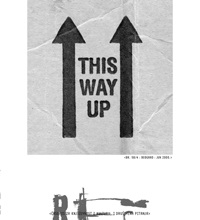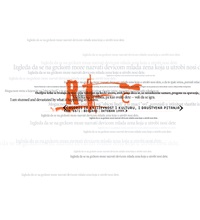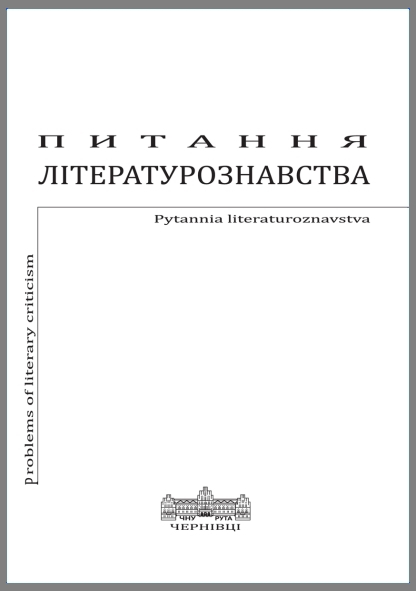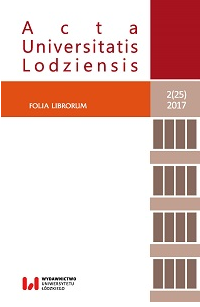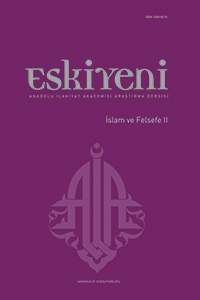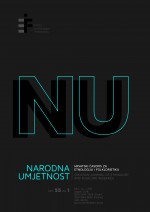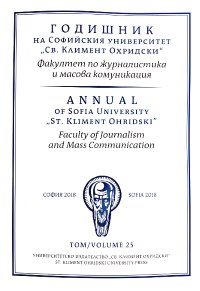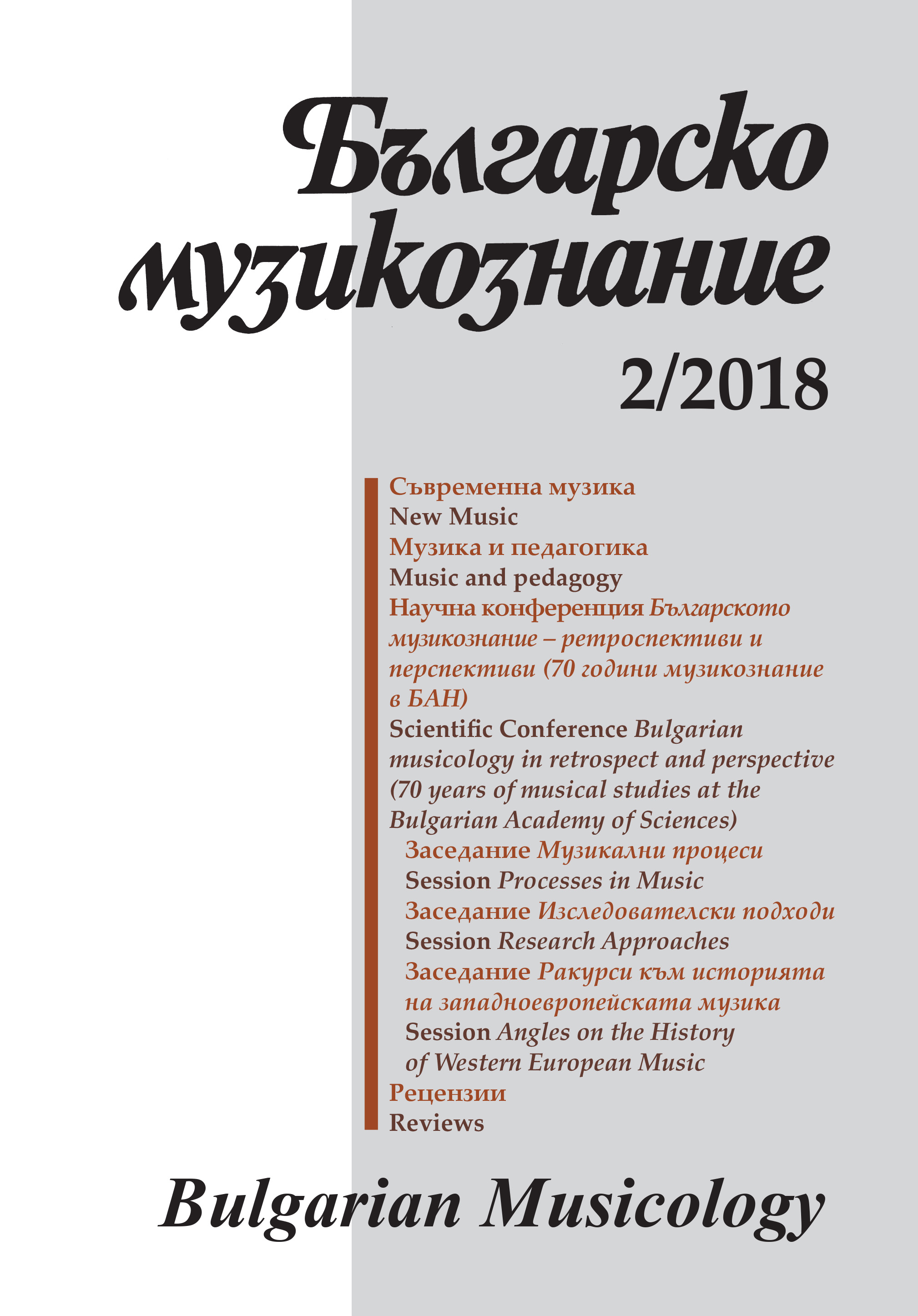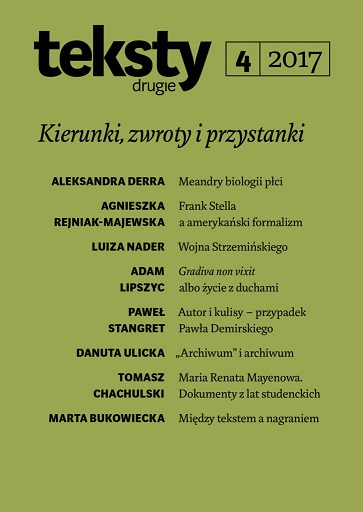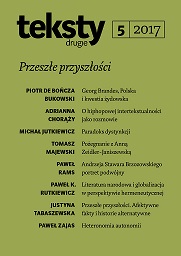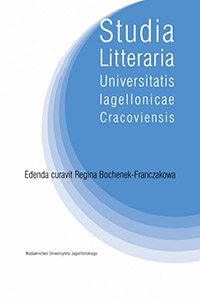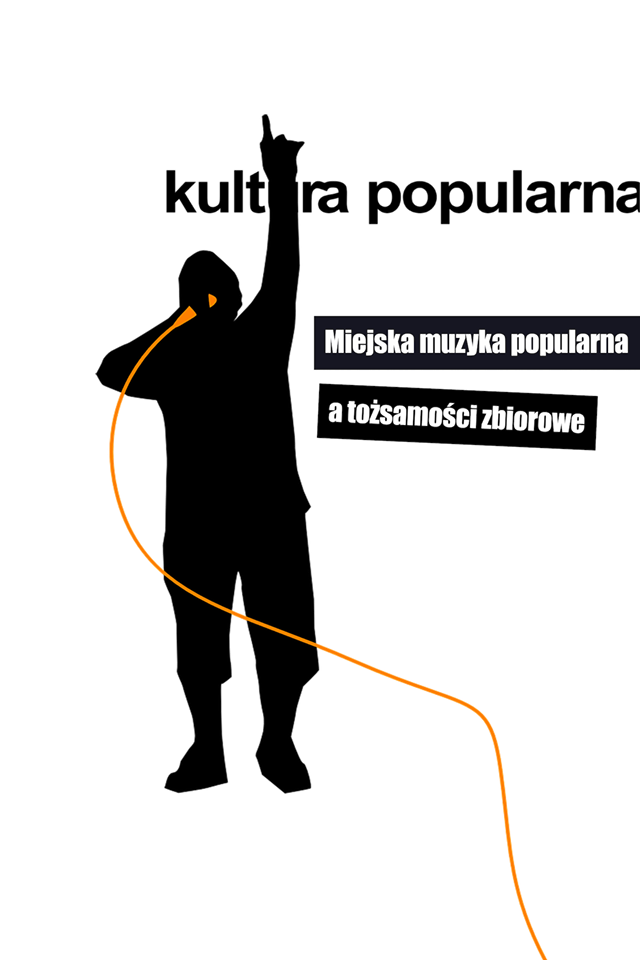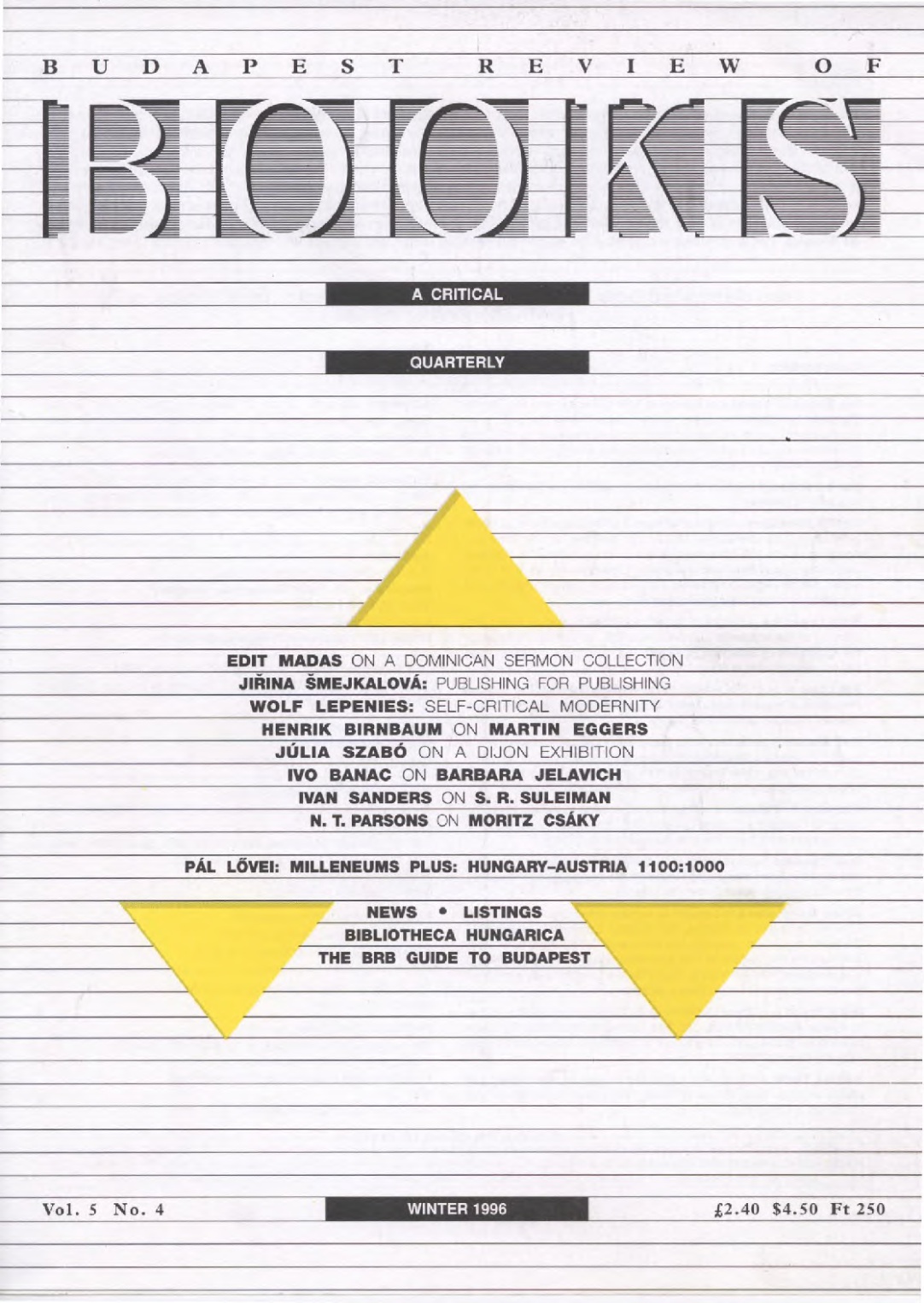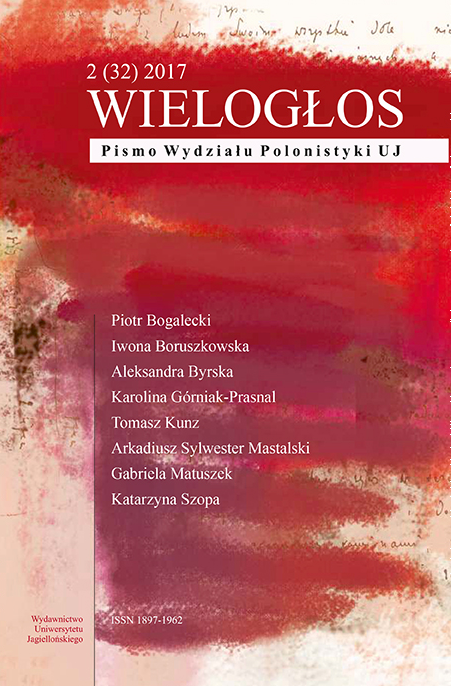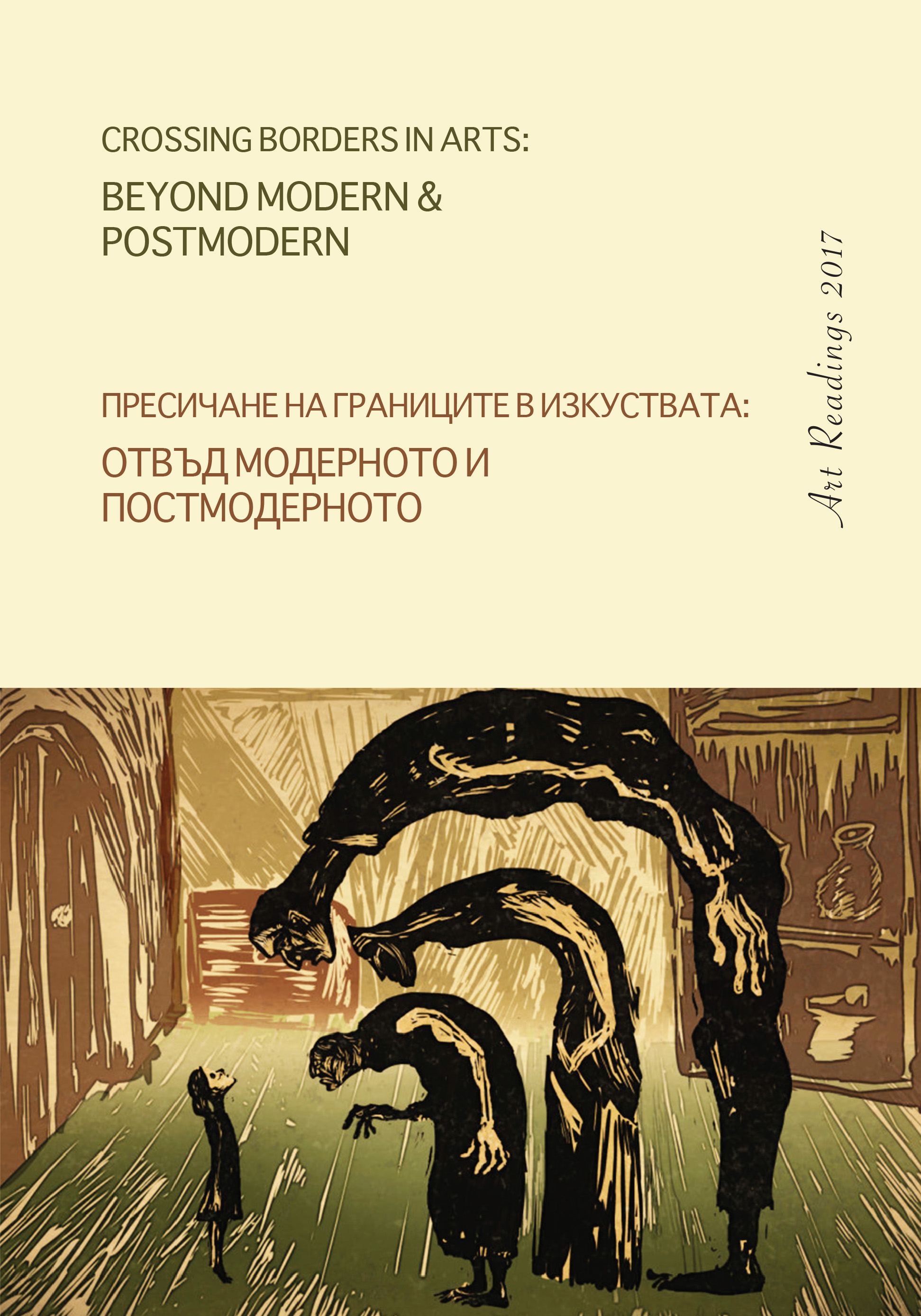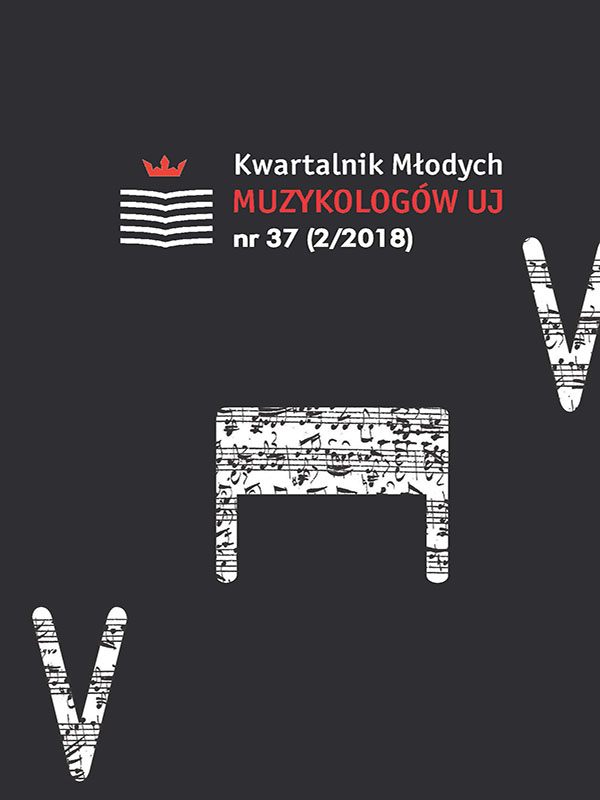
Różnica i powtórzenie jako aspekty reprezentacji w "Variationen für Orchester" op. 31 Arnolda Schönberga
The article focuses on the issues of difference and repetition, as defined by Gilles Deleuze, and their possible application to Arnold Schoenberg’s dodecaphonic work, Variations for Orchestra Op. 31. Although Schoenberg’s reflection on these problems comes from the earlier years than Deleuze’s, the correspondence of understanding the difference and repetition between them is striking. Two other terms by Deleuze and Guattari applied to the work are becoming and refrain. Repetition and refrain are associated with the representational moment in the work (motif B-A-C-H as a quote and as a type of refrain) while difference and becoming are associated with the anti-representational moment (dodecaphonic technique, developing variation technique, etc.).
More...
